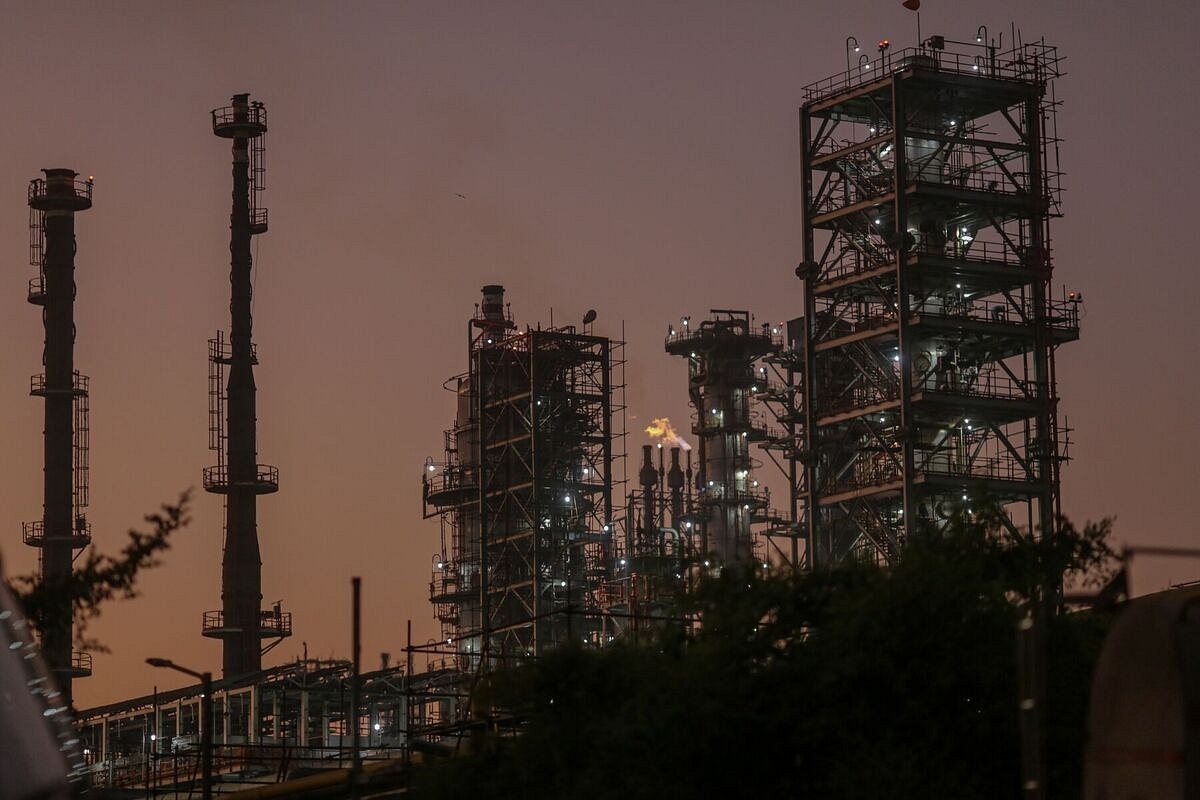News Brief
Amid Tensions With China, India Refuses Russian Oil Suppliers' Request For Yuan Payments

Russia has become India's leading crude supplier, accounting for nearly half of its purchases. (Representative Image)
As tensions between India and China continue to simmer, India has rejected the request of Russian oil companies to be paid in yuan, as reported by Livemint.
Certain Russian oil suppliers had asked India to make payments in Chinese currency. However, Prime Minister Narendra Modi's government has declined this request, insisting on transactions in a different currency.
Indian Oil Corp., the largest state-owned refiner in India, previously made payments in yuan for Russian crude.
However, the Modi government has now imposed restrictions on such payments.
Since the majority of India's refiners are government-owned, they will comply with the Ministry of Finance's payment instructions and cease making yuan payments.
Indian refiners traditionally use dirhams (UAE currency), US dollars, and occasionally rupees to pay for Russian oil imports.
However, when oil prices exceed the $60 per barrel limit set by the US and its allies on Russian oil, the amount paid in rupees is minimal.
Russia's demand for yuan has significantly increased over the past year due to the growing dependence of its economy on imports from China.
Russian businesses have increasingly been using the yuan as their preferred currency for trade settlements, surpassing the dollar as the most traded currency in Russia this year.
India's challenge in managing its ties with Russia and China is evident in its reluctance to use the yuan for transactions.
While Russia has become India's leading crude supplier, accounting for nearly half of its purchases, China remains a significant geopolitical rival.
This dilemma highlights the delicate balancing act India faces in maintaining its economic alliance with Russia, while navigating its complex relationship with China.
Tensions between India and China have arisen from ongoing border disputes, further complicating the matter. Additionally, the promotion of the yuan over the rupee poses challenges for India's own efforts to globalize its currency.
In August, India imported oil worth $4.15 billion, with Russia being its largest supplier.
India's oil import bill for August increased by 28.27 per cent to $11.49 billion, compared to $8.96 billion in July. During the same month, imports from Iraq and Saudi Arabia amounted to $2.33 billion and $2.07 billion, respectively.
Russia has accumulated a substantial amount of rupee assets due to its trade surplus with India.
However, utilising these funds has proven to be challenging as the rupee is not fully convertible on the international stage, making it difficult to use in global trade.
Russian Foreign Minister Sergei Lavrov expressed concern in May of this year regarding the accumulation of rupees and stated that discussions were underway to explore options for transferring the funds into a different currency.
Support Swarajya's 50 Ground Reports Project & Sponsor A Story
Every general election Swarajya does a 50 ground reports project.
Aimed only at serious readers and those who appreciate the nuances of political undercurrents, the project provides a sense of India's electoral landscape. As you know, these reports are produced after considerable investment of travel, time and effort on the ground.
This time too we've kicked off the project in style and have covered over 30 constituencies already. If you're someone who appreciates such work and have enjoyed our coverage please consider sponsoring a ground report for just Rs 2999 to Rs 19,999 - it goes a long way in helping us produce more quality reportage.
You can also back this project by becoming a subscriber for as little as Rs 999 - so do click on this links and choose a plan that suits you and back us.
Click below to contribute.
Latest